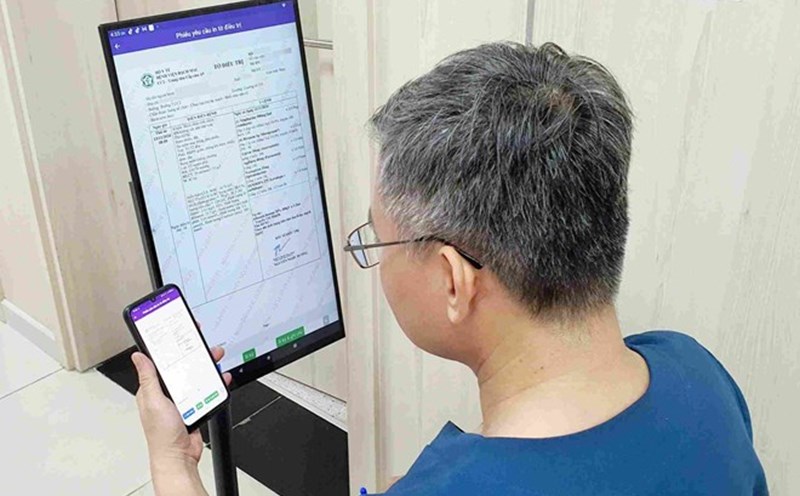From July 1, 2025, a new regulation of the Ministry of Health officially took effect, changing the way drugs are prescribed for outpatient treatment. Accordingly, people with chronic diseases such as high blood pressure, diabetes, cardiovascular disease, neurology, etc. if their health is stable, can be prescribed medication by a doctor for up to 90 days (ie 3 months). This is a prominent content of Circular No. 26/2025/TT-BYT.
This new regulation will help patients, especially the elderly, people with disabilities or people living in remote areas, not have to go to the hospital for follow-up check-ups too often. This also helps reduce pressure on upper-level hospitals, while supporting patients to maintain treatment according to the correct regimen, more continuously and conveniently.
In addition to allowing long-term prescriptions, Circular 26 also unifies the prescription model. The doctor is only allowed to prescribe one prescription for each examination, even when the patient examines many specialties. The information on the prescription must be complete and clear, including: patient's name, personal identification code or citizen identification number, age (or month of age, weight if young children), drug name, dosage, instructions for use...
For addictive drugs or psychotropic drugs, doctors must use separate prescription samples, make 3 copies and store them in accordance with regulations. In particular, for cancer patients who need to take painkillers in this group, there needs to be confirmation from the health station where the patient resides.
Another important change is the mandatory regulation of electronic drugs. Accordingly, from October 1, 2025, all hospitals must deploy electronic prescriptions; by January 1, 2026, this requirement will apply to all medical examination and treatment facilities. Prescribing via the electronic system will help limit professional errors, avoid drug cross-subsidy, and at the same time help connect data between hospitals - pharmacies - insurance agencies. This is an important foundation for transparency in the use of drugs and health insurance payments.
Immediately after the Circular took effect, the Ho Chi Minh City Department of Health issued detailed instructions to all hospitals, medical centers, and clinics in the area. Medical facilities must update new drug prescriptions, prepare information technology infrastructure to serve electronic prescriptions and organize training for doctors and pharmacists.
At the same time, units are also required to inform people to clearly explain: being prescribed medicine for 2-3 months is not a "comfortable allocation", but requires a prescription suitable for the disease condition. Patients should return for check-ups as scheduled to receive continuous health monitoring and ensure health insurance benefits.
According to records, up to now, most public hospitals in Ho Chi Minh City have completed integrating electronic prescriptions into the hospital management system and doctors have been trained to use them proficiently. Long-term prescriptions are considered a step forward to help people with chronic diseases receive more stable treatment and reduce the burden on the city's health system.











